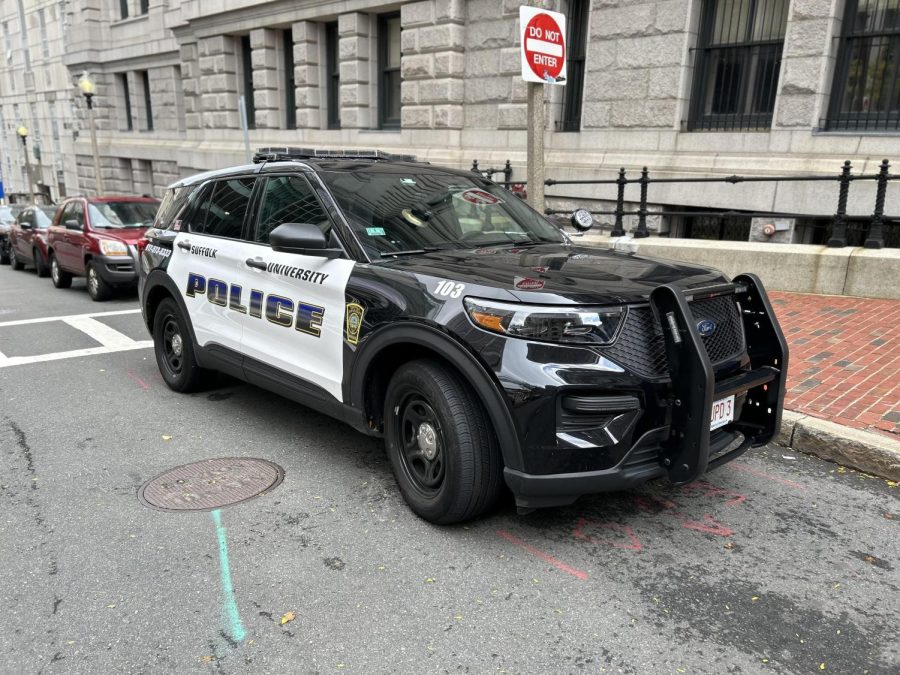Sexual assault is not only a widespread issue across the country and the world, but an issue that has become prevalent on college campuses, spurring lawsuits by students and investigations by the U.S. Department of Education.
But now, some institutions have created task forces and policies to help combat sexual assaults on campuses.
Emerson College, located on the opposite side of the Boston Common, has done just that. According to an article in The Boston Globe, the college announced earlier this month that surveys would be administered to all students asking about the prevalence of sexual assaults on campus.
This follows a lawsuit from an Emerson student who said the school threatened to withdraw her scholarship and suspend her when she asked for more time to complete an assignment after she was raped in a campus dorm during the spring 2013 semester, the Globe reported.
It is encouraging to see that Emerson is reacting to how sexual assault is handled on campus. It is clear that sexual assault and rape are issues that unfortunately will never be completely eliminated, but colleges should do everything in their power to keep students safe. Issuing surveys to ask about assaults will hopefully encourage students who did not formally report an assault or rape to give Emerson more insight to how often these incidents are going unreported.
Other schools are encouraging students to download apps like “Rave Guardian” or “Circle of 6” in order to stay safe. Such apps allow students to communicate with their friends while on the way back to a dorm or apartment and also have emergency buttons to contact police.
The U.S. Department of Education is investigating Emerson College and nine other Massachusetts colleges and universities for their handling of sexual assault reports. Nationwide, 75 schools are being investigated.
Suffolk University is not on that list, but what procedures and policies are in place here to combat sexual assault? Thorough information is posted on the school’s website with details on what sexual misconduct is, when and how to report an assault, filing a complaint, and other resources.
This information is also in a sexual misconduct pamphlet the Journal found on-campus last year. And the university even has a Sexual Misconduct Response Team in place to “address the safety needs of the Suffolk Community while protecting the survivor’s right to privacy and insuring (sic) the integrity of any police investigation or University disciplinary action.”
It is great to see that Suffolk has this information readily available and a team in place, but maybe the university could follow Emerson’s footsteps in administering a survey. That preemptive action for students would be an extra step that could provide the university with even more information on an extremely important issue.
Having data from Suffolk students on sexual assault and rape can only help the university prepare more and better the response team and policies that are already in place. Even if it costs more money, no dollar is wasted when ensuring the safety of students.







